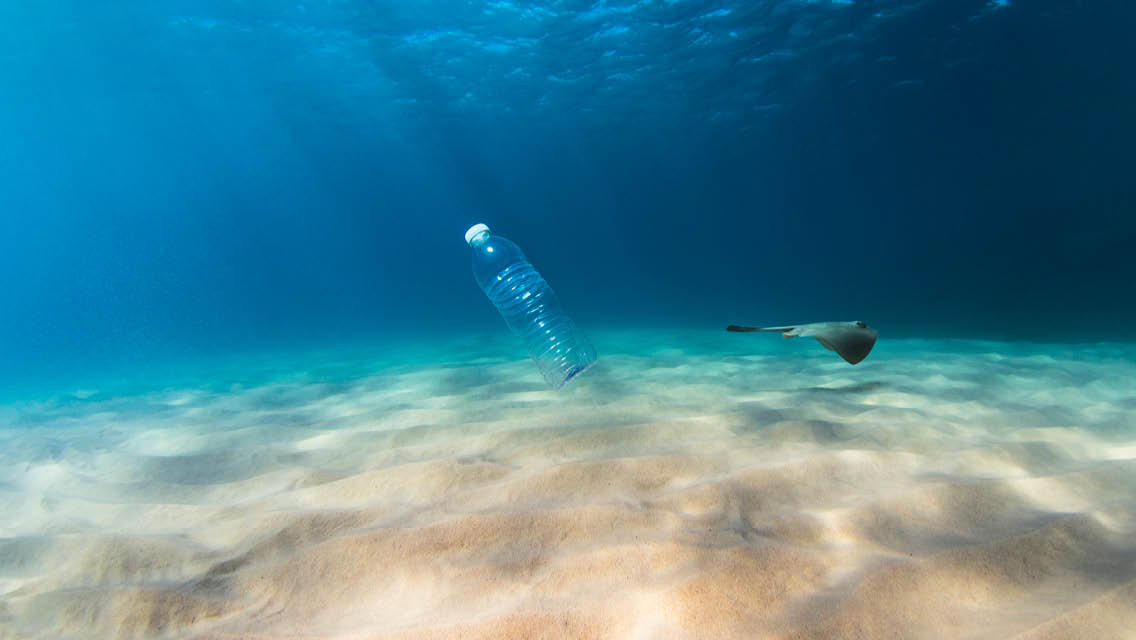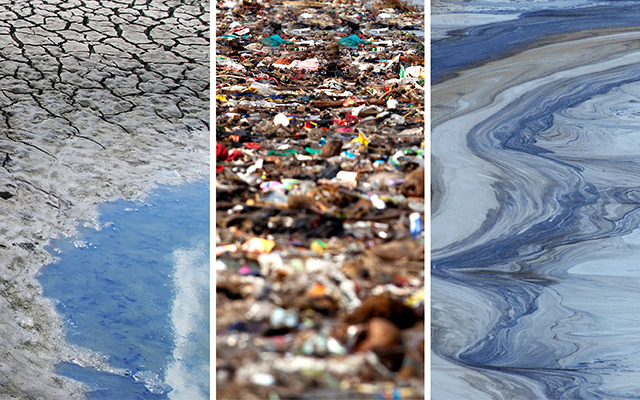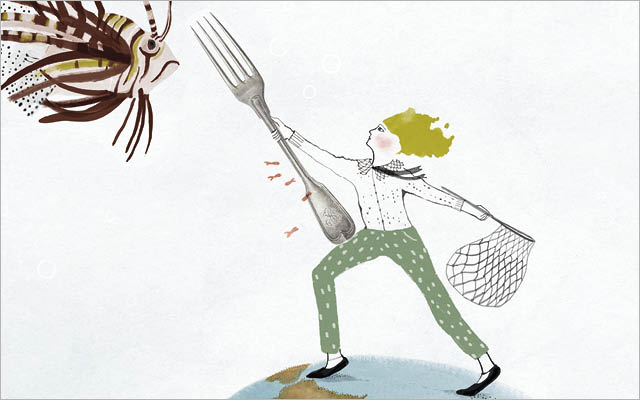Many contaminants in our waters harm both aquatic and human health. These include microplastics, per- and polyfluoroalkyl substances (PFAS), and endocrine-active compounds that can mimic the effects of hormones.
One analysis found that fish throughout the world’s oceans are frequently contaminated with persistent organic pollutants from farming and industry. Although these substances were banned in 1977, heavily used compounds like DDT and PCBs (polychlorinated biphenyls) made their way into waterways and accumulated in sediment. Slow to break down, PCBs accumulate in the fatty tissues of fish and other animals.
Mercury is another concern; because it binds to proteins, this neurotoxin is often found in fish. To reduce the risk of mercury exposure, health experts recommend avoiding larger fish species, including shark, swordfish, king mackerel, and tilefish.
To reduce your exposure to all toxins, vary your fish choices. Opt for panfish (such as stream trout, smelt, and perch) that eat insects rather than other fish; smaller gamefish (such as walleye, lake trout, and bass) that likely haven’t accumulated as many toxins in their systems; and leaner fish (such as yellow perch, sunfish, and crappie).
It’s also helpful to eat fewer fatty fish, like lake trout, or those that feed on lake and stream bottoms, like catfish and carp. Properly cleaning fish, as well as preparing it by broiling, grilling, or baking, may help drain away some of the fat, where contaminants accumulate.
You can always consult one of the available guides to find low-mercury fish. The Environmental Working Group’s Good Seafood Guide provides a calculator that considers a person’s age, weight, and risk of heart disease and offers sustainability rankings for seafood. The Environmental Defense Fund (EDF) Seafood Selector also offers information on mercury risks and sustainability ratings.
This was excerpted from “How to Find Sustainable Seafood” which was published in the June 2022 issue of Experience Life.





This Post Has 0 Comments